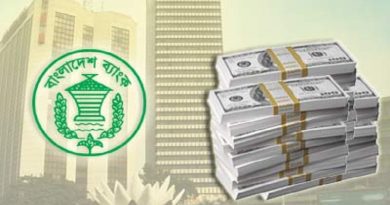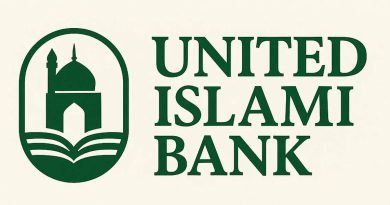Bangladesh’s record level of non-performing loans (NPLs) is being fuelled by governance breakdowns, political interference, fictitious financial statements, and leniency towards wilful defaulters, according to the Bangladesh Institute of Bank Management (BIBM).
The findings, presented Monday at the institute’s Dhaka auditorium during the Credit Operations of Banks 2024 review workshop, drew on data showing NPLs hit Tk 420.34 billion last year, with Tk 300.03 billion concentrated in just 10 banks. The gross NPL ratio climbed to 12.56% in June 2024 from 10.11% a year earlier, while state-owned commercial banks posted a staggering 32.77%.
Net NPLs at state-owned banks nearly doubled to 18.32%, reflecting deep systemic weaknesses. BIBM said the crisis stems from “psycho-political” causes, as many borrowers—particularly in state-run institutions—expect repeated rescheduling, interest waivers, and extended repayment terms due to policy favour.
The review criticised unhealthy corporate cultures in some banks, marked by greed, self-dealing, and inflated profit targets, which have triggered major scandals. Poor audit oversight and falsified balance sheets have masked bad loans, with some institutions reporting year-end NPL ratios as low as 4%—only to see them jump to 36% the following quarter when misreporting surfaced.
Loan recovery remains sluggish, hampered by lengthy cases in the Artha Rin Adalat and higher courts.
In response, Bangladesh Bank has introduced stricter loan classification rules, measures to penalise wilful defaulters, an asset quality review, and plans to adopt International Financial Reporting Standard (IFRS) 9 by 2027. The central bank is also forming an asset management company for bad loan recovery and pursuing stolen asset repatriation via special task forces.
Beyond defaults, private sector credit growth stood at just 7.2% in May 2025—below the 9.8% target—due to weak business confidence, political instability, liquidity shortages, and government borrowing crowding out private lending. Lending remains concentrated in Dhaka and Chattogram divisions, which received 86.49% of loans in 2024, while rural areas received just 8.16%. Large borrowers with loans above Tk 200 million account for 43.81% of total credit.
While industrial term loans grew 23%, led by the services and cottage industries, lending to agriculture, transport, and consumer finance declined. Sustainable finance nearly doubled to Tk 4.59 trillion, but BIBM warned that without stronger lending quality, such growth cannot offset systemic vulnerabilities.
The institute recommended urgent governance reforms to shield banks from political pressure, strict enforcement of auditor accountability, diversification of lending by region and sector, and disciplined use of credit risk assessment tools. It also called for faster loan recovery through alternative dispute resolution (ADR).
BIBM Executive Committee Chair and Bangladesh Bank Deputy Governor Nurun Nahar opened the workshop, emphasising that “a sound credit system is essential for economic stability and growth” and identifying low banking literacy as a major problem. BIBM Director General SM Abdul Hakim warned that without political will, transparency, and credit discipline, “structural weaknesses in our banking sector will persist.”
Other speakers included BIBM Chair Professor Faruq M Ahmed, Supernumerary Professor Md Ali Hossain Prodhania, and Rupali Bank Managing Director Kazi Md Wahidul Islam.






